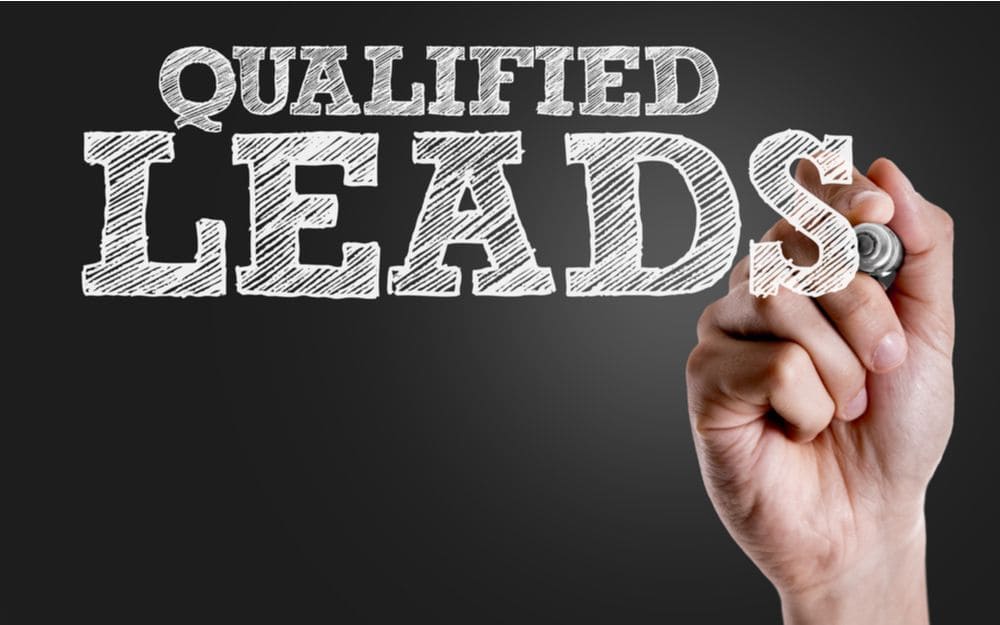Mastering BANT
A Comprehensive Guide to Lead Qualification Criteria
In the world of sales and marketing, identifying and prioritizing leads with the highest potential for conversion is a paramount objective. The BANT framework—Budget, Authority, Need, and Timeline—stands as a timeless and effective approach to lead qualification. In this comprehensive guide, we’ll take a deep dive into mastering BANT, exploring each criterion and understanding how it shapes the lead qualification process.
Understanding BANT: The Pillars of Effective Lead Qualification
BANT provides a structured set of criteria for evaluating leads based on four key elements:
Budget: Does the lead have the financial resources to make a purchase?
Authority: Does the lead have decision-making authority or influence over the buying process?
Need: Does the lead have a genuine need for the product or service?
Timeline: What is the lead’s timeline for making a purchase or decision?

Mastering BANT involves leveraging these criteria to gauge the readiness and suitability of a lead for progressing through the sales funnel.
1. Budget: Assessing Financial Viability
The first pillar of BANT, Budget, revolves around understanding whether a lead has the financial capacity to invest in your product or service. This criterion goes beyond the surface-level inquiry about available funds. It involves delving into the lead’s budget constraints, allocation for the specific solution you offer, and their willingness to allocate resources for the desired outcome.
Strategies for Mastering Budget Qualification:
- Initiate discussions about the lead's budgetary considerations early in the conversation.
- Provide transparent pricing information to filter out leads whose budgets don't align with your offering.
- Tailor your value proposition to highlight cost-effectiveness and return on investment.
2. Authority: Identifying Decision-Making Power
The Authority criterion focuses on determining whether the lead holds decision-making authority or influential power within their organization. A lead lacking the authority to make purchasing decisions may require additional steps to involve key stakeholders. Mastering Authority qualification involves navigating organizational structures to pinpoint individuals capable of driving the decision-making process.
Strategies for Mastering Authority Qualification:
- Clearly define decision-making roles during initial interactions to understand the lead's position.
- Inquire about the lead's involvement in past purchasing decisions to gauge their level of authority.
- Identify key stakeholders within the lead's organization and tailor communication to address their concerns.
3. Need: Uncovering Genuine Requirements
The Need criterion revolves around assessing whether the lead has a genuine and pressing need for the product or service you offer. This goes beyond general interest and involves understanding the specific pain points, challenges, or goals the lead aims to address. Mastering Need qualification requires active listening, effective questioning, and a thorough understanding of the lead’s unique requirements.
Strategies for Mastering Need Qualification:
- Employ consultative questioning techniques to uncover the lead's underlying needs and challenges.
- Align your product or service features with the specific requirements articulated by the lead.
- Showcase case studies or examples that resonate with the lead's industry or pain points.
Timeline: Determining Purchase Urgency
The Timeline criterion assesses the lead’s urgency or timeline for making a purchase decision. Understanding the lead’s timeframe is crucial for aligning sales efforts with their purchasing cycle. A lead with an immediate need may require a different approach than one with a longer-term plan. Mastering Timeline qualification involves gauging the sense of urgency and tailoring your engagement accordingly.
Strategies for Mastering Timeline Qualification:
- Inquire about the lead's project timelines and any external factors influencing their decision.
- Identify triggers or events that may expedite the lead's decision-making process.
- Align your sales cycle with the lead's timeline, providing timely information and support.


Integrating BANT into Your Lead Qualification Process
Mastering BANT is not a one-time event but an ongoing process woven into your lead qualification strategy. Here’s how you can integrate BANT effectively into your workflow:
1. Early Qualification Conversations:
- Initiate BANT-related discussions early in the sales process to efficiently filter leads.
- Use initial interactions to gather information on budget considerations, decision-making authority, specific needs, and purchase timelines.
2. Tailored Communication:
- Customize your communication based on the lead's BANT profile.
- For leads with urgent timelines, prioritize concise and impactful information.
- Engage decision-makers with content highlighting the value proposition and aligning with their budget constraints.
3. Continuous Evaluation:
- Regularly revisit and reassess the BANT criteria as the lead progresses through the sales funnel.
- Adjust your approach based on evolving circumstances, such as changes in the lead's budget or shifts in their organizational structure.
4. Collaboration Between Sales and Marketing:
- Foster collaboration between sales and marketing teams to ensure alignment on BANT criteria.
- Share insights and feedback between teams to refine lead qualification strategies based on real-world experiences.
5. Utilize Technology:
- Leverage customer relationship management (CRM) and marketing automation tools to streamline BANT-related processes.
- Implement lead scoring models that incorporate BANT criteria to objectively prioritize leads.

Conclusion
Mastering BANT for Effective Lead Qualification
Mastering BANT is not about rigid adherence to a checklist but about understanding the nuances of each criterion and applying them judiciously. The BANT framework provides a structured and systematic approach to lead qualification, allowing sales teams to focus their efforts on leads with the highest potential for conversion. By continuously refining your understanding of Budget, Authority, Need, and Timeline, you can elevate your lead qualification process, foster more meaningful interactions, and ultimately drive business success.




